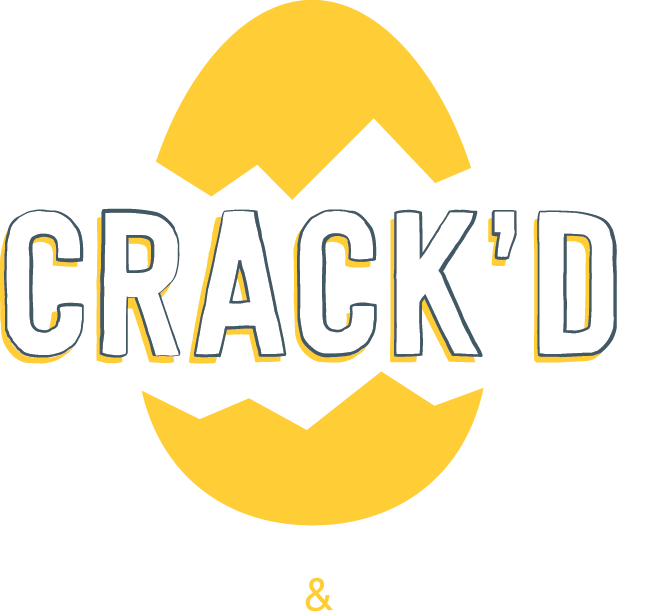Fort Lauderdale, FL
Fort Lauderdale blends a laid-back coastal lifestyle with a dynamic economy, celebrated festivals, and a housing market shaped by waterfront living and a growing urban core. Often called the “Yachting Capital of the World,” the city’s identity is tied to the water as much as to its downtown energy and creative districts.
Local Economy and Employment
Fort Lauderdale’s economy is anchored by tourism and hospitality, a globally significant marine industry, and major transportation assets that connect residents to jobs across South Florida. Port Everglades functions as a regional economic engine, supporting thousands of local jobs and billions in annual business activity through cargo, cruise operations, and logistics services. The port’s most recent impact study cites more than $28 billion in annual economic activity and over 200,000 jobs statewide that are tied to port operations, underscoring its importance to Broward County’s workforce and tax base.
Aviation also plays an outsized role. Fort Lauderdale-Hollywood International Airport is a large-hub facility and one of the county’s leading economic drivers, serving tens of millions of passengers annually and supporting extensive direct and indirect employment. Within the city, Fort Lauderdale Executive Airport (FXE) is a self-sustaining business aviation hub that supports aerospace services, maintenance, training, and corporate travel, adding jobs and business activity without relying on local tax dollars.
Marine and yachting services—from shipyards and refit operations to brokerage, marina management, and manufacturing—offer skilled career paths with wages that tend to outpace state averages. Industry groups estimate well over 100,000 regional jobs tied to recreational marine activity, with billions in earnings and thousands of large visiting vessels each year, reinforcing Fort Lauderdale’s global reputation in this sector.
Beyond these anchors, the broader Greater Fort Lauderdale Alliance emphasizes targeted growth in high-value industries such as technology, life sciences, headquarters, and aviation/aerospace. Recent Alliance reports highlight continued progress in high-wage job creation, corporate relocations/expansions, and workforce pipelines that connect local students to in-demand careers.
Cultural Events and Community Festivals
The city’s calendar is full of hallmark events that reflect its beach culture, boating heritage, and arts scene. Each fall, the Fort Lauderdale International Boat Show draws global attention with more than 100,000 visitors and a multibillion-dollar statewide economic impact, turning local marinas and show venues into a weeklong marketplace and community celebration. Winter brings the Seminole Hard Rock Winterfest Boat Parade, a beloved nighttime procession of decorated vessels that cruises along the New River and Intracoastal Waterway, lighting up neighborhoods and waterfront parks.
Spring on the beach means major music and aviation spectacles. Tortuga Music Festival pairs chart-topping performances with ocean conservation programming on Fort Lauderdale Beach, while the Fort Lauderdale Air Show features elite military and civilian flight teams soaring over the shoreline, drawing residents and visitors to the sand for a high-flying weekend.
Year-round, the city center and Riverwalk host art fairs, community gatherings, and live performances. Downtown’s Riverwalk and adjacent venues regularly publish robust event calendars—ranging from family-friendly festivals to cultural exhibitions—so newcomers can quickly plug into the local scene and discover neighborhood favorites across seasons.
Real Estate Market and Neighborhood Appeal
Fort Lauderdale’s housing landscape offers an uncommon mix: canal-front neighborhoods with boating access, classic coastal communities near the beach, and a fast-maturing urban core around Flagler Village and the Brightline station. In recent years, the city has encouraged transit-oriented development downtown, supporting a more walkable, mixed-use environment and adding new mid- and high-rise residential options near jobs, restaurants, and arts venues. Multiple projects in and around Flagler Village are advancing, reflecting persistent interest in urban living and connectivity
Market conditions evolve with broader Florida trends, but several themes stand out for prospective buyers. There is enduring demand for waterfront and near-beach homes due to boating access and lifestyle amenities. Downtown and near-downtown districts continue to add modern multifamily and mixed-use buildings, appealing to residents who prioritize proximity to transit, work, and entertainment. City and county investments in resiliency—such as stormwater upgrades, seawall planning, and neighborhood-scale flood mitigation—are shaping the long-term outlook for many established areas and supporting confidence in the city’s infrastructure.
For newcomers evaluating neighborhoods, it helps to balance lifestyle preferences with commuting patterns and recreation priorities. Waterfront buyers often focus on canal width and ocean access; urban seekers can explore Flagler Village, the Riverwalk area, and downtown corridors connected to Brightline; families and first-time buyers may look to established inland neighborhoods with parks and schools that fit daily routines. City resources and local event calendars provide ongoing insight into block-by-block character as redevelopment progresses.
Frequently Asked Questions:
1) What kinds of jobs are most available?
Hospitality and tourism remain core employers, but many roles also exist in marine trades, logistics and port operations, aviation and aerospace services, healthcare, and professional services. Major infrastructure like Port Everglades, FLL, and FXE create wide-ranging opportunities, from skilled trades and operations to corporate and technical roles.
2) What are the signature annual events?
Headliners include the Fort Lauderdale International Boat Show in the fall, the Winterfest Boat Parade during the holiday season, Tortuga Music Festival each spring, and the Fort Lauderdale Air Show in early May. Neighborhood festivals, art fairs, and Riverwalk programs fill in the calendar for the rest of the year.
3) How would you describe the housing market without getting into prices?
Waterfront properties maintain strong lifestyle appeal, while downtown and Flagler Village offer growing options for buyers who want an urban setting near transit and entertainment. Market balance shifts over time with supply, but ongoing redevelopment and resiliency projects continue to support long-term demand across a variety of neighborhoods.
4) What about infrastructure and resilience?
The city and county are investing in climate resilience through stormwater improvements, seawall planning, and neighborhood flood-mitigation projects, with an emphasis on protecting homes, businesses, and mobility routes in the face of sea-level rise and heavy rain events.
[ Zipcode: 33301 – 33394 ]
Looking for the best spot for Lunch in Fort Lauderdale? Visit our restaurant or drive-thru, for fresh flavors and a memorable dining experience.

